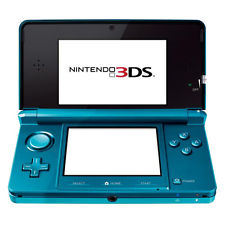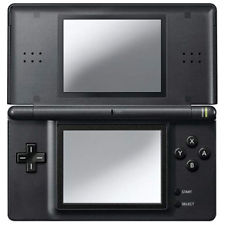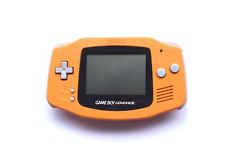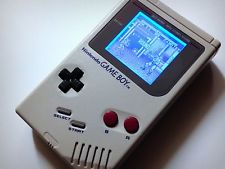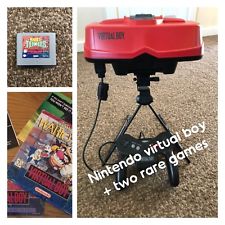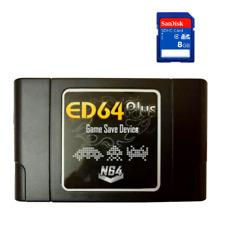|
May 16th, 2013, 01:15 Posted By: wraggster
Animal Crossing was the sort of game that should have never worked in the West.
In a village filled with humanised animals, a player must set up a home, look after the garden, go fishing, write letters and perform other leisure activities.
It’s exactly the sort of game that was built for a Japanese audience. And indeed, the N64 original – launched in 2001 – never made it out of Nintendo’s homeland.
But, two years later, Nintendo undertook a huge translation effort to bring a GameCube port to the US – to surprising success. A European version followed a year later and today Animal Crossing is one of Nintendo’s most successful global franchises, having shifted over 21m games worldwide.
“The real-time nature of Animal Crossing and the fact that something special happens every day means that there’s always something to do or see within the game,” says Nintendo UK product manager Roger Langford.
“It also means that there’s something that appeals to everyone. The game appeals to younger fans because of the cuteness of the animals and to older fans because of its quirkiness and real-time style of play.
“Anecdotally, we’ve found that people find Animal Crossing quite relaxing to play; you can dip in and out of it as much as you like and you can take it as seriously as you want – the game doesn’t put any pressure on you. And we’ve found that people become attached to the central characters – the likes of Tom Nook always provokes a reaction.
“Animal Crossing is also a franchise that parents feel comfortable with. It allows children to learn about responsibility in a fun and engaging way. Children can learn to save money, to look after the environment and in the new game take on responsibility for their town.”
The original N64/GameCube Animal Crossing was a success. It became a cult favourite amongst critics and core fans and it shifted 2m units around the world.
“The real-time nature of Animal Crossing and
the fact that something special happens every
day means that there’s always something to
do or see within the game.” Roger Langford – UK product manager, Nintendo UK
But it was the second title that really propelled Animal Crossing into Nintendo’s top tier franchises.
Animal Crossing: Wild World was amongst the first major DS games. It didn’t suffer the protracted release of the original game, and resonated extremely well with the handheld’s audience. It has gone on to sell 11.7m units globally, making it the ninth best-selling DS game.
Talking about the upcoming launch of Animal Crossing: New Leaf on 3DS, Langford says: “Animal Crossing has traditionally done well in UK, particularly on handheld and we’re very much hoping to replicate the success of Wild World, which launched on the DS in 2006.”
Indeed, Animal Crossing has found its home on the handheld. As a life-sim, the franchise encourages gamers to play a little bit every day – something that works better on a portable than on a console. And already, despite only launching in Japan so far, New Leaf has outsold the last home console game, Animal Crossing: Let’s Go To The City, with 3.86m units sold.
“Handheld is definitely the natural home for Animal Crossing as it’s very much a game that players want to dip in and out of,” agrees Langford.

“Depending on what day or time you play, you can have a very different experience. In the new version, you take on the role of mayor of the town so it’s even more important that you play a little every day. Players can choose to buy the physical copy of the game, an eShop card or the limited edition Animal Crossing bundle which comes with New Leaf pre-installed on it so there’s lot to choose from.”
Nintendo UK has been extremely active in pushing 3DS this year, with big campaigns behind Luigi’s Mansion 2, Fire Emblem: Awakening, Monster Hunter 3: Ultimate, Donkey Kong Country Returns 3D and LEGO City Undercover: The Chase Begins.
http://www.mcvuk.com/news/read/from-...ossing/0115594
For more information and downloads, click here!
 There are 0 comments - Join In and Discuss Here There are 0 comments - Join In and Discuss Here
|
|
 NES
NES






